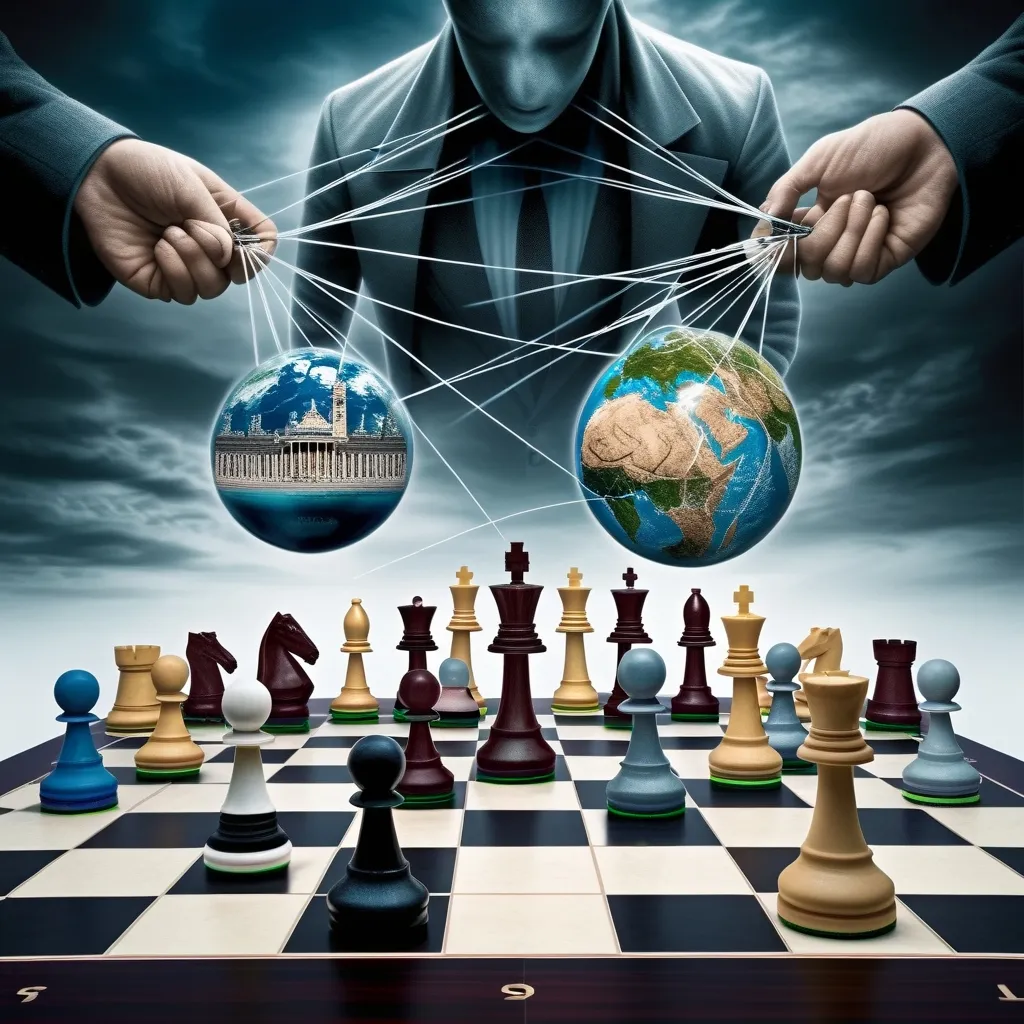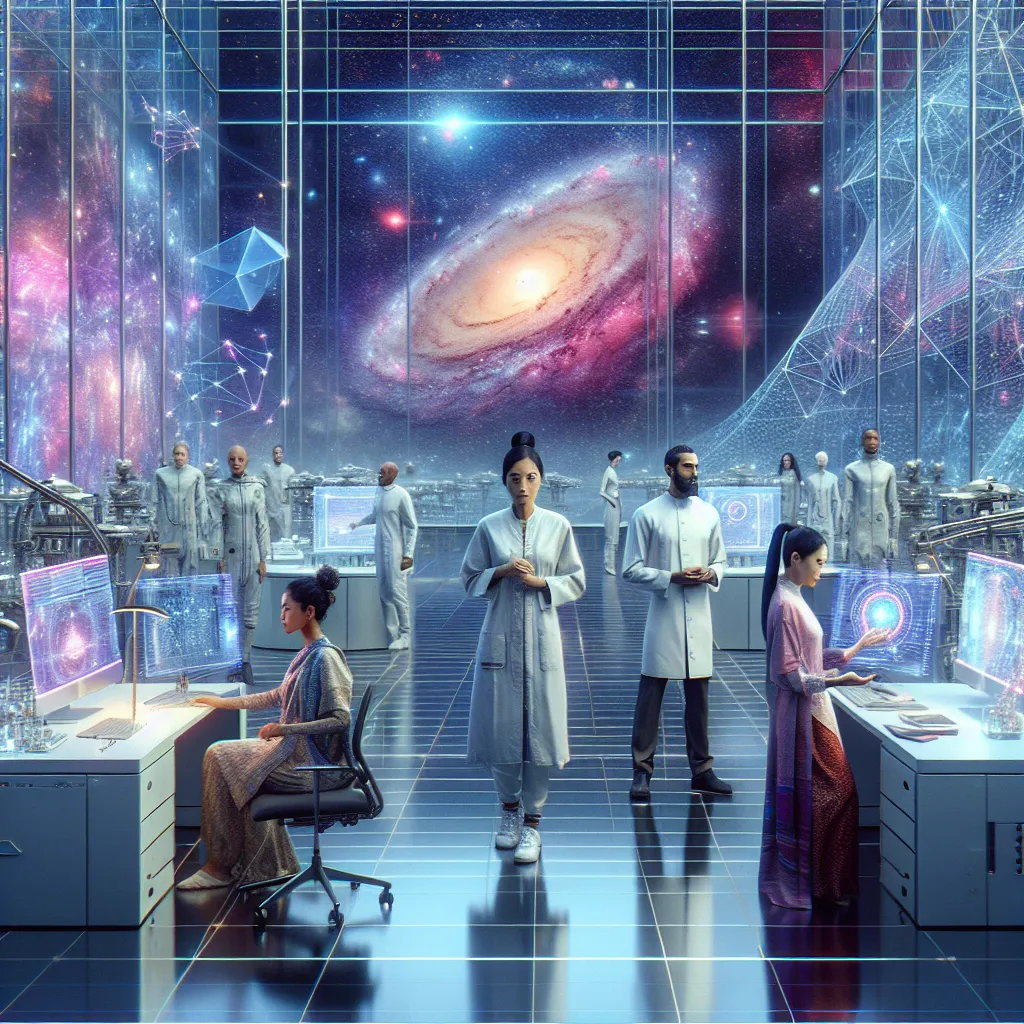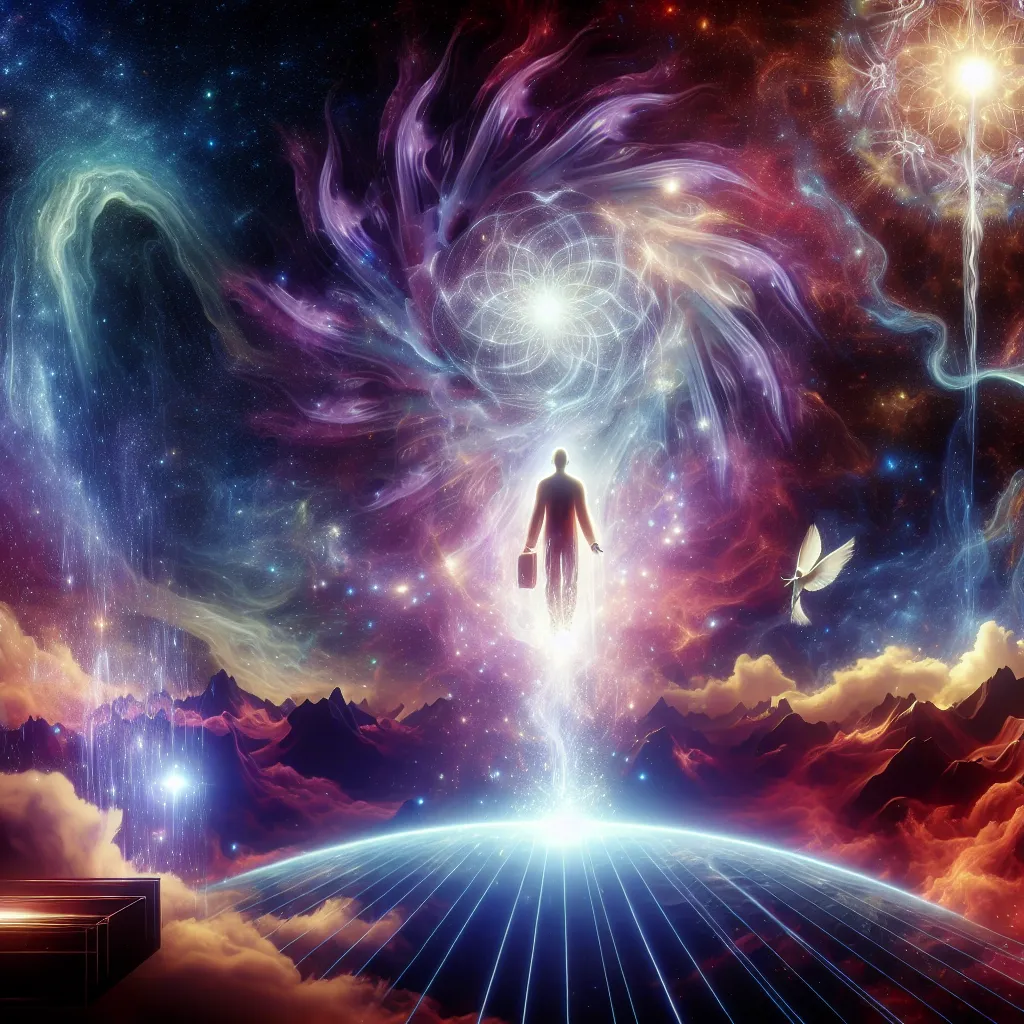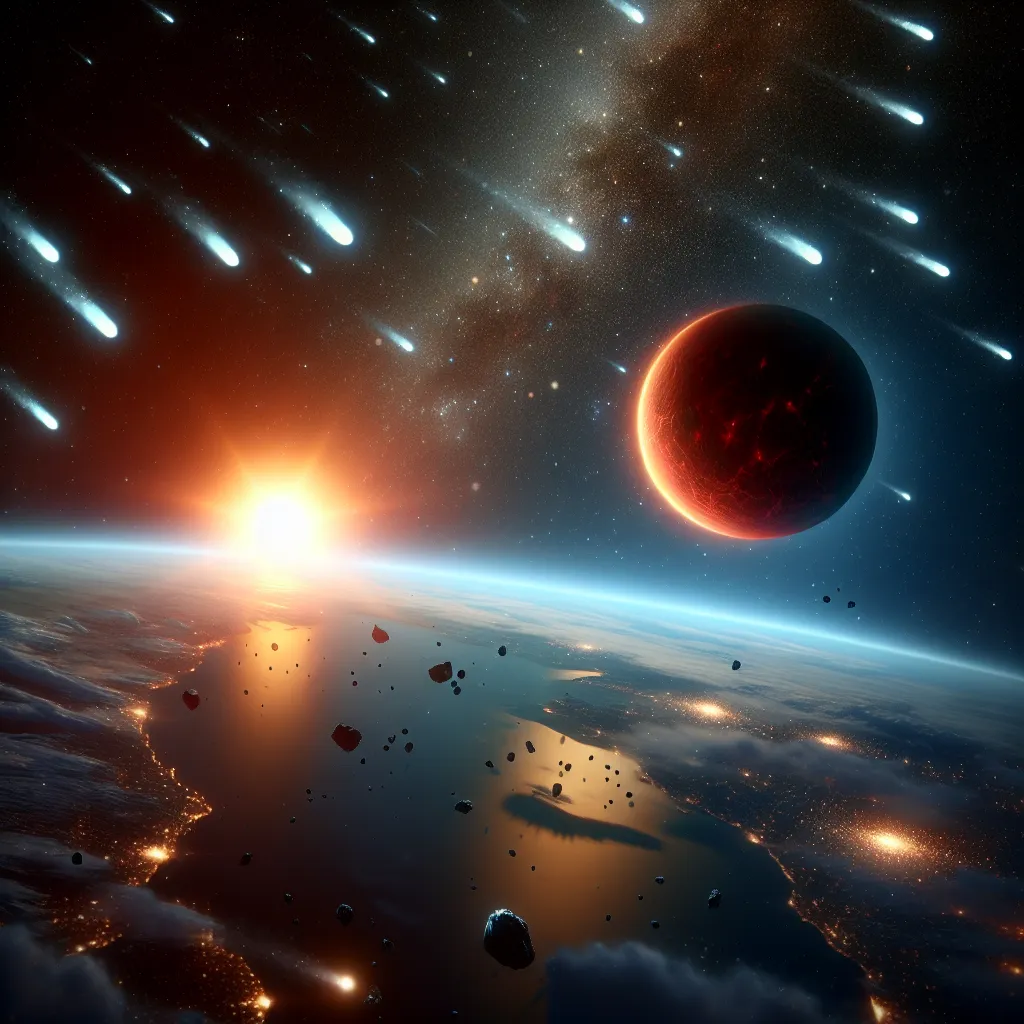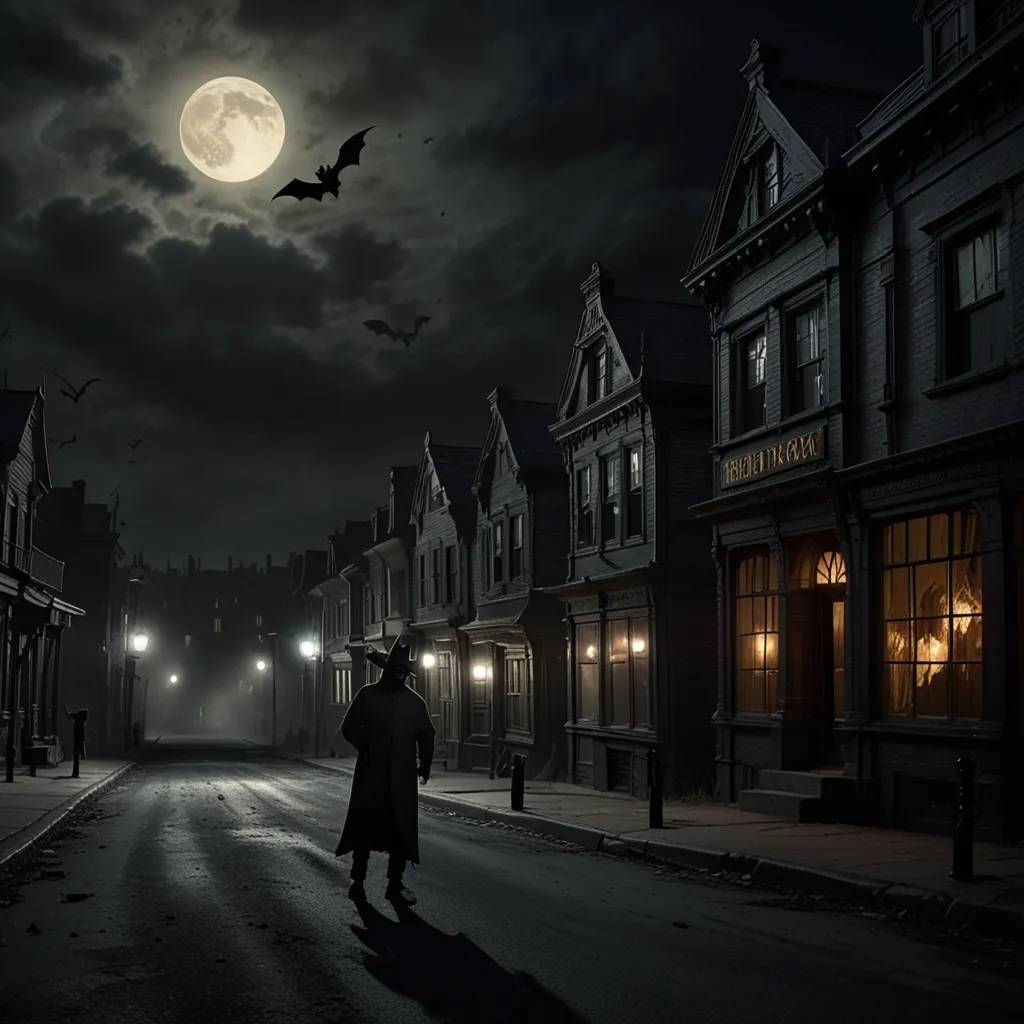Conspiracy theories have been around for ages, captivating our minds with wild tales of secret plots and shadowy figures pulling the strings behind the scenes. It’s like a real-life thriller, except nobody knows if it’s actually real or just a figment of our collective imagination. Let’s dive into this rabbit hole and explore some of the most popular theories about world domination.
The granddaddy of all conspiracy theories has to be the New World Order. It’s the ultimate boogeyman for those who see sinister motives behind every world event. According to this theory, there’s a group of super-powerful folks out there working tirelessly to create a totalitarian world government. They’re supposedly manipulating everything from economic crises to wars and even pandemics to achieve their goal of global domination.
This idea really took off in the 1990s, but its roots go way back. Some people believe the United Nations is actually a front for this secret cabal, using it as a vehicle to exert control over nations. It’s like they think the UN is some kind of evil Voltron, assembling piece by piece to form an unstoppable force of world control.
The theory suggests that these puppet masters use all sorts of tricks to keep us in line. They’re apparently big fans of mind control through surveillance tech, media manipulation, and chipping away at our freedoms. It’s like they’re playing a massive game of chess, and we’re all just pawns on their board.
Take the COVID-19 pandemic, for example. Some folks see it as a manufactured crisis designed to impose stricter controls on populations. Lockdowns, mask mandates, and vaccine requirements? All part of the plan, they say. It’s like they think the entire world agreed to tank their economies and disrupt everyone’s lives just to make us more compliant.
And don’t even get them started on gun control legislation. To believers, any attempt to regulate firearms is seen as a sinister plot to disarm citizens, making us sitting ducks for when the New World Order decides to make its move. It’s like they picture a dystopian future where we’re all helpless against our evil overlords because we can’t pack heat anymore.
Now, what’s a good conspiracy theory without some secret societies thrown into the mix? Enter the Illuminati, the Bilderberg Group, and the Trilateral Commission. These groups are like the cool kids’ table of the conspiracy world, always getting name-dropped as part of the machinery that the elite uses to pull our strings.
The Illuminati is particularly interesting. It was actually a real organization back in the 18th century, aimed at promoting reason and fighting superstition. But even though it officially disbanded in 1787, conspiracy theorists insist it’s still operating in secret. It’s like they believe this group has been playing the longest game of hide-and-seek in history.
Then there’s the Bilderberg Group, which holds annual meetings that are more secretive than a teenager’s diary. The hush-hush nature of these gatherings has led many to speculate about their true intentions. Some folks are convinced they’re plotting world domination over fancy dinners and PowerPoint presentations.
Of course, every good conspiracy theory needs its villains, and certain individuals and families often find themselves in the crosshairs. The Rothschild family is a frequent target, with some believing they control huge chunks of the global economy and media. It’s like they picture the Rothschilds sitting in a fancy room, twirling their mustaches while deciding the fate of nations.
Bill Gates and George Soros are also popular targets. Some people seem to think these billionaires wake up every morning, sip their coffee, and then get to work on their evil plans for world domination. It’s as if having a lot of money automatically makes you a member of some secret cabal.
Unfortunately, many of these theories have an ugly undercurrent of antisemitism. The Rothschilds, being a wealthy Jewish family, are often at the center of these conspiracies. It’s a disturbing example of how age-old prejudices can find new life in modern conspiracy theories.
It’s worth noting that the idea of a New World Order isn’t exactly new. Back in the early 20th century, it was all about the communists. People thought the Reds were plotting to create a global communist government. But when communism fell in the 1990s, conspiracy theorists had to find a new boogeyman. Enter the “globalists” - a vague term that seems to mean “anyone who believes in international cooperation.”
Even innocent statements can be twisted to fit the narrative. When President George H.W. Bush talked about a “new world order” in 1990, he was just referring to post-Cold War global cooperation. But conspiracy theorists latched onto those words like a dog with a bone, interpreting them as a call for a one-world government. It’s like they were playing a game of telephone, but instead of funny misheard phrases, they ended up with tales of global domination.
While these theories can be entertaining in a “what if” kind of way, they can also have serious real-world consequences. They often target specific groups, fueling discrimination and even hate crimes. During the COVID-19 pandemic, we saw how conspiracy theories led to increased violence and harassment against Asian people, Jews, Muslims, and LGBTQ+ folks. It’s a stark reminder that these aren’t just harmless stories - they can cause real pain and suffering.
These theories can also erode trust in public institutions and scientific information. When people start believing that everything is a lie or a cover-up, it can lead to political apathy or even radicalization. It’s like they’re building their own alternate reality where nothing can be trusted except their own beliefs.
So, how do we combat these theories? Debunking is important, but it’s not always easy. You can’t just throw facts at people and expect them to change their minds. It’s more effective to focus on providing clear alternative explanations and using visual aids to support arguments. Think of it like teaching - you need to make the truth more compelling than the conspiracy.
There’s also the concept of “prebunking” - warning people about these theories before they encounter them and encouraging critical thinking. It’s like giving people a mental vaccine against misinformation.
At the end of the day, it’s natural to feel overwhelmed by the complexity of global events. We all want simple explanations for why things happen. But it’s crucial to approach these theories with a critical eye. If you find yourself starting to believe in a conspiracy theory, take a step back and ask yourself why. Are you feeling powerless or looking for someone to blame? Do you have biases that might be influencing your beliefs?
Remember, the world is a complex place. There’s rarely a simple explanation for big events, and that’s okay. It’s more empowering to face that complexity head-on than to retreat into comforting but false narratives.
So the next time you hear about a secret plan for world domination, take a deep breath and think critically. Question the sources, look for alternative explanations, and remember that the truth is usually less exciting - but more important - than any conspiracy theory. After all, the real world is fascinating enough without adding secret cabals and shadowy puppet masters to the mix.
